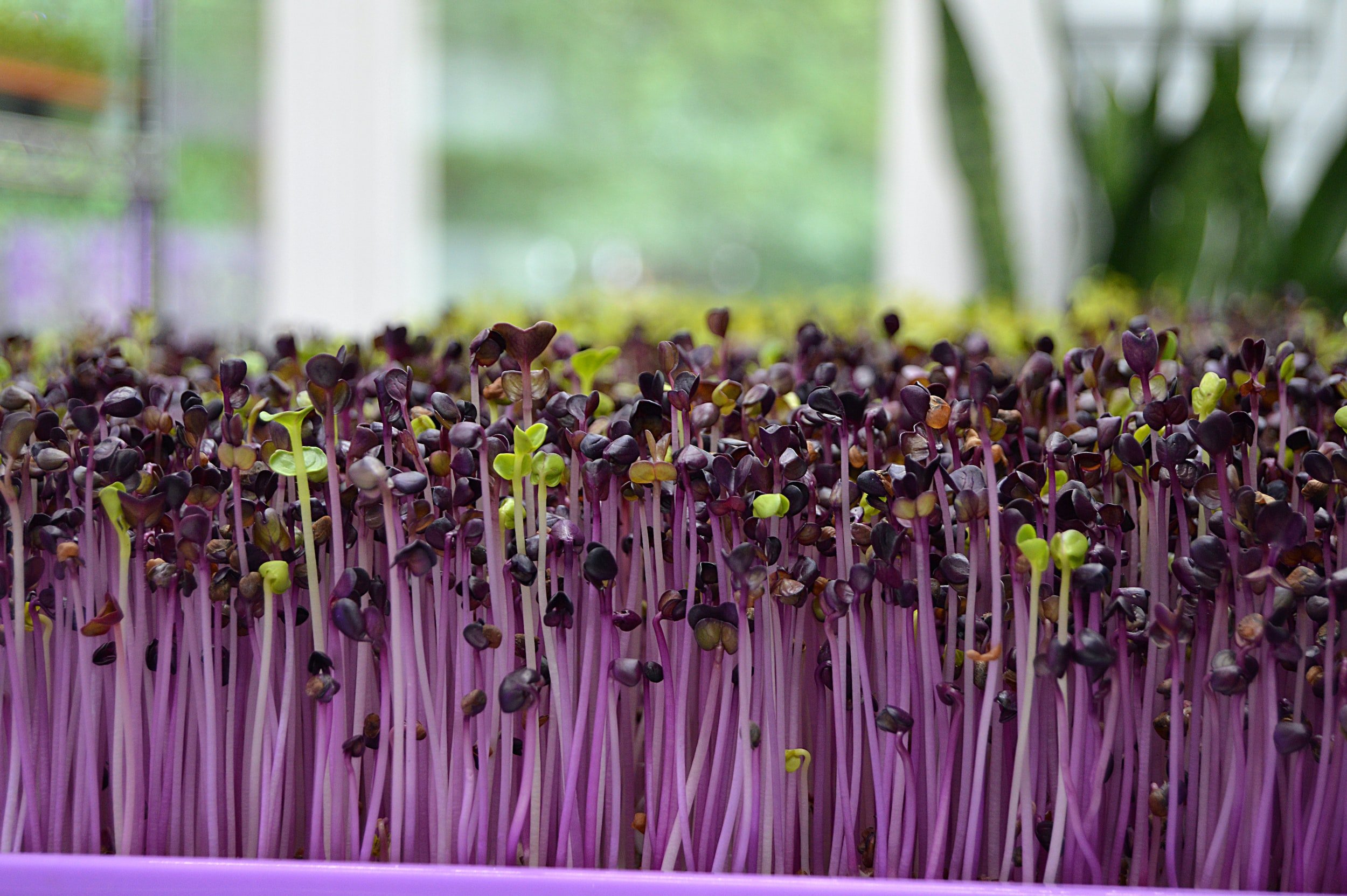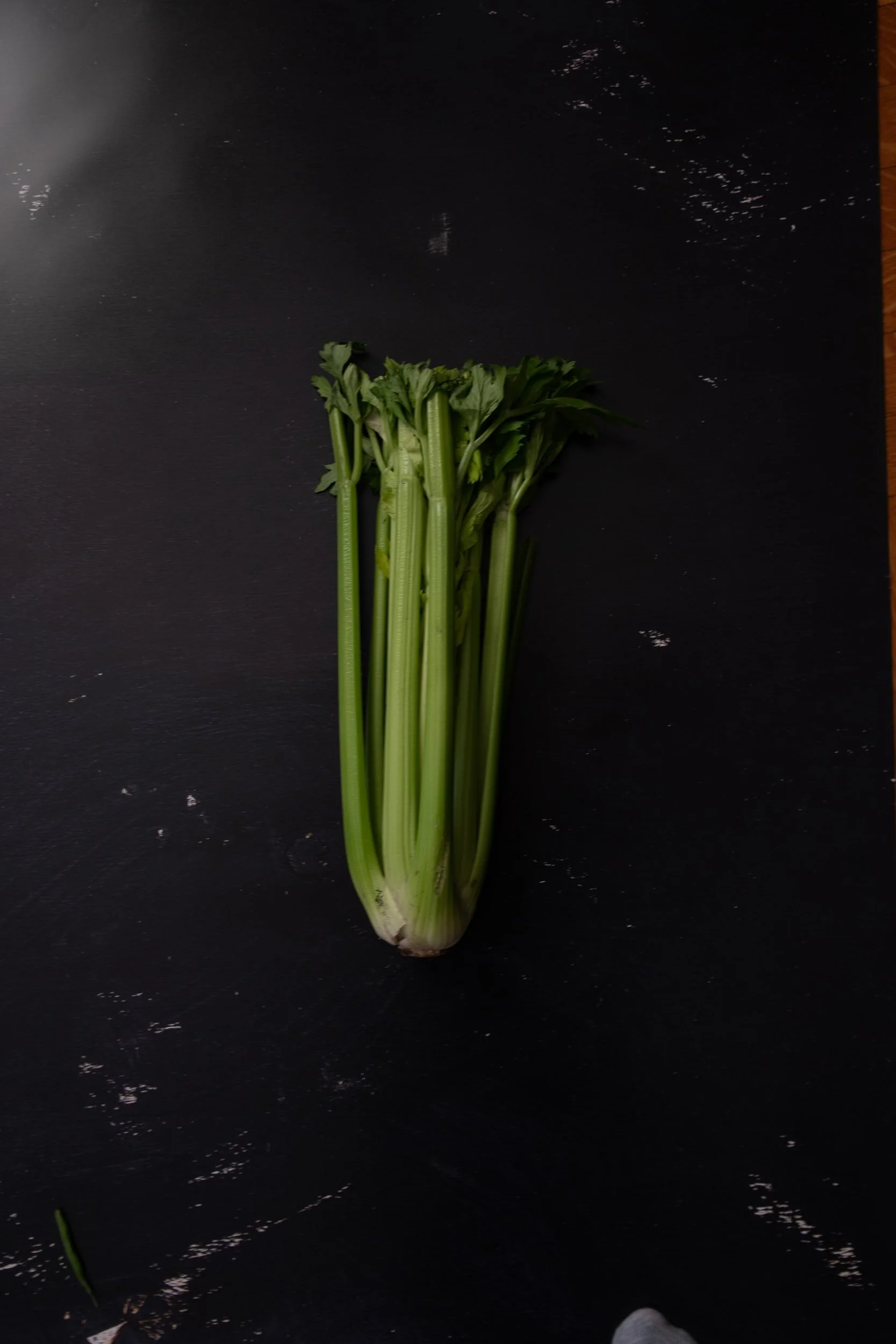Farm-to-Table Delights: Savoring the Benefits of Cooking with Farm-Fresh Ingredients
There's something truly magical about cooking with farm-fresh ingredients that can elevate your culinary experience to new heights. So, roll up your sleeves and don your apron as we embark on a journey to explore the delightful benefits of cooking with farm-fresh ingredients.
Beets
Beets, with their vibrant hues and earthy flavors, have earned a special place in the culinary realm. These root vegetables are not only a feast for the eyes but also offer a plethora of nutritional benefits. In this blog, we delve into the world of beets – from proper storage and preparation techniques to creative recipes that make the most of their natural goodness.
Tarragon
Tarragon is a popular and traditional herb in French Cuisine. It is a perennial plant and quite easy to grow in our North Texas climate. It likes a sunny spot in alkaline to neutral soils and doesn't like wet conditions. We have had ours in our raised bed garden for two years now. Some research suggests the plants are not long-lived and will need to be replaced every 3 to 4 years. They don't set seed and rarely flower, according to one source I read, so you will need to replace the plants in spring if you notice yours dwindling.
The Skinny on Microgreens
Research has shown that microgreens contain higher levels of vitamins and minerals than their mature counterparts, making them a great addition to any diet.
Cauliflower
Cauliflower is a nutrient-rich vegetable that is low in calories and high in fiber, vitamins, and minerals. Here are the nutritional facts about cauliflower, per 1 cup of chopped raw cauliflower (about 100 grams):
Why Buying Local Food is Important for our Community
Eating local foods is far healthier than eating processed, canned, or frozen meals. Fresh produce contains less sodium and more nutrients than food that has been sitting around on grocery store shelves for weeks. Local foods are also more environmentally friendly because they do not require extensive travel to get to you.










